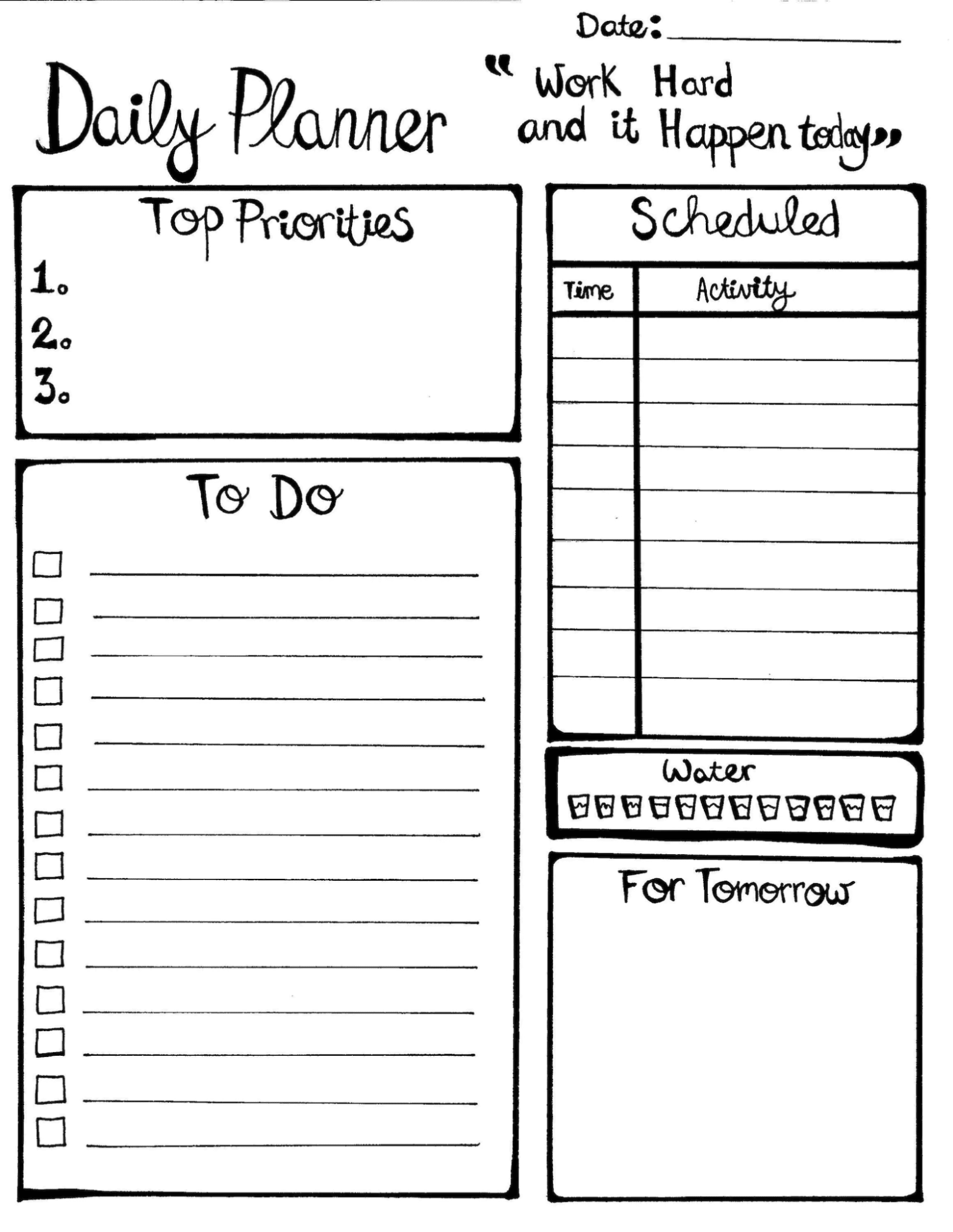Within the current fast-paced world, handling our schedules effectively has turned into more crucial than it has ever been. Amidst countless distractions and an infinite list of responsibilities, it can be hard to remain focused and productive. However, by developing beneficial habits and structuring our daily tasks, we can revolutionize the way we approach our time management. Creating a structured routine gives us to make the most of our days, resulting in a better work-life balance and increased satisfaction.
One effective tool in this process is a tracking tool for habits. This simple yet effective approach not only helps you monitor your progress but meanwhile encourages you to stay committed to your goals. By tracking your habits, you can recognize trends in your behavior and make adjustments as needed. This mindful methodology to time management empowers you to gain control over your time, making sure that each day is filled with purpose and efficiency.
Comprehending Habit Trackers
A habit tracker is a tool designed to help you track your progress in developing fresh habits or shattering previous ones. It can take multiple forms, such as a basic physical chart, a mobile app, or a data sheet. productivity app of a habit tracker is to display your everyday actions, making it easier to stay responsible and inspired. By recording your successes and failures, you can discover regularities and adjust your approach to habit formation.
Utilizing a habit tracker can greatly enhance your capacity to establish constructive habits. The act of marking completed assignments provides a sense of fulfillment, strengthening your devotion to your aims. Over time, you can observe changes in your conduct, allowing you to acknowledge small wins while also identifying areas that may benefit from betterment. This introspection is a important component in the journey towards establishing successful habits.
Integrating a habit tracker into your everyday practices fosters consistency. Setting aside time to assess your development daily or on a weekly basis helps create a thoughtful practice. You commence to grasp which practices add to your productivity and happiness, and which ones do not benefit you successfully. Ultimately, this method of tracking and introspection equips you with the knowledge needed to structure your to-dos and transform your time successfully.
Benefits of Monitoring Routines
Monitoring habits offers a distinct view of your progress and helps you identify trends in your actions. By regularly recording your routine activities, you can gain insights into which habits are helpful and which ones may be impeding your productivity. This recognition can motivate you to make adjustments and improves your capacity to concentrate on what genuinely matters in your day-to-day life.
A further major advantage of tracking routines is the strengthening of constructive behaviors. When you see tangible evidence of your hard work, such as series of finished tasks, it fosters a sense of achievement. This positive reinforcement motivates you to maintain your commitment to your objectives and can turn initially attempts into lasting routines over the long term. Celebrating small victories can ultimately lead to bigger achievements.
Finally, using a habit tracker can serve as a strong tool for accountability. Whether you choose to share your monitoring with peers or keep it private, the act of monitoring your habits creates a sense of obligation for your own growth. This accountability can drive you to remain consistent and dedicated, thereby allowing you to manage your schedule more efficiently and efficiently in pursuit of your objectives.
Advice for Successful Behavior Monitoring
To make the most of your habit tracker, start by selecting specific habits you wish to cultivate. Concentrate on a few essential habits that will have the biggest impact on your daily routine. This prevents overwhelm and allows you to concentrate your efforts. Clearly define what you want to track and ensure your goals are trackable. For example, instead of saying “work out more,” specify “exercise for 30 minutes a day.”
Routine is vital when it comes to habit tracking. Dedicate a set time each day to review your progress and refresh your tracker. This practice not only bolsters the habit itself but also offers an chance for reflection and adjustment. If you encounter some habits challenging, be open-minded and change your strategy. Don’t forget that setbacks are a normal part of the process, and tracking helps you spot patterns to get better over time.
In conclusion, celebrate your achievements, no matter how insignificant. Celebrating your advancement will encourage you to continue building positive habits. You can reward yourself with minor treats or take pride in reaching goals. This uplifting feedback helps create a loop of motivation that encourages you to stick with your habits for a long time. Fostering a healthy mindset regarding your habit tracking will enrich your schedule management and overall well-being.

